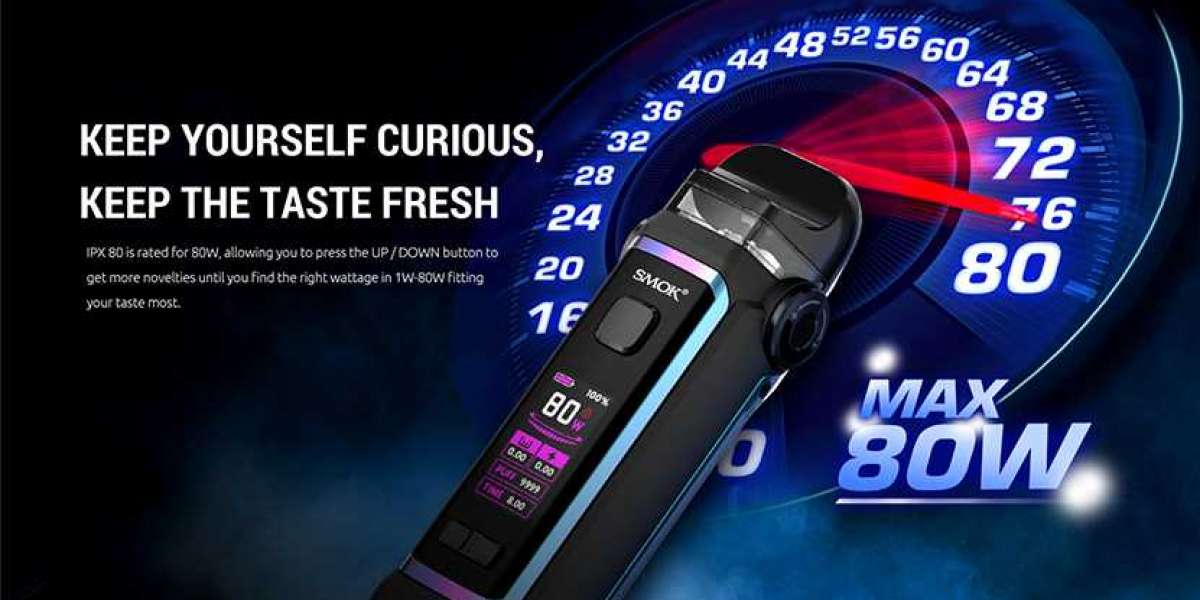Global Automotive Battery Management System Market By Battery Type (Lithium-Ion, Advanced Lead-Acid, Nickel Batteries, Flow Batteries), Vehicle Type (Passenger Vehicle, Commercial Vehicle, Golf Cart, E-Bikes), Connection Topology (Centralized, Distributed, Modular), Propulsion Type (IC Engine Vehicle and Electric Vehicle), Battery Capacity (<100 kWh, 100-200 kWh, 200-500 kWh, >500 kWh), End-Use (OEMs, Aftermarket), and Region - Market Perspective, Market Intelligence, Comprehensive Analysis, Historical Data, and Forecast for 2023-2032"
Global Automotive Battery Management System Market size is projected to grow from USD 5.9 billion in 2022 to USD 13.5 billion by 2032, at a CAGR of 9.6%.
Browse Full Report Details @ https://www.extrapolate.com/automotive/automotive-battery-management-system-market/87363
Key 15 Market Players
- Robert Bosch GmbH
- Continental AG
- Toshiba Corporation
- Intel Corporation
- Texas Instruments Incorporated
- Analog Devices
- Denso Corporation
- Visteon Corporation
- Renesas Electronics Corporation
- LG Chem
- Sensata Technologies
- BorgWarner Inc
One of the primary functions of an automotive battery management system is to ensure that batteries operate within their safe operating parameters, preventing overcharging, over-discharging, overheating, and ensuring balanced charge distribution across cells. As the demand for electric vehicles grows, the performance and reliability of automotive batteries become paramount, and BMS solutions play a crucial role in maintaining these standards. A well-designed BMS enhances battery life, improves safety, and optimizes the energy usage of electric vehicles. These factors are key drivers in the growth of the automotive BMS market.
The increasing focus on the development of solid-state batteries, which promise higher energy density and safety compared to conventional lithium-ion batteries, is another important factor driving the automotive battery management system market. Solid-state batteries require sophisticated battery management systems to manage the unique charging and discharging characteristics associated with them. As automotive manufacturers continue to invest in the development and commercialization of solid-state batteries, the demand for BMS solutions tailored to these new technologies is anticipated to grow exponentially.
Another important trend propelling the automotive battery management system market forward is the proliferation of battery swapping stations and the rise of shared mobility solutions. In densely populated urban areas, battery swapping services provide a more convenient alternative to traditional charging infrastructure, allowing EV owners to quickly exchange depleted batteries for fully charged ones. These services rely heavily on battery management systems to ensure that swapped batteries are properly maintained and monitored for optimal performance. Similarly, the rise of shared mobility solutions such as electric ride-hailing services and car-sharing platforms further amplifies the need for efficient battery management systems to maximize the uptime and efficiency of electric vehicle fleets.
The market for automotive battery management systems is highly competitive, with numerous global players vying to capture a share of the rapidly expanding electric vehicle market. Companies are investing heavily in research and development to create more advanced and cost-effective BMS solutions that can meet the evolving demands of the automotive industry. Key players in the market are also forging strategic partnerships with automotive manufacturers and other stakeholders in the electric mobility ecosystem to capitalize on emerging opportunities and enhance their market position. Additionally, there has been a growing trend toward vertical integration, with some automakers opting to develop in-house BMS solutions to ensure greater control over the performance and safety of their electric vehicle batteries.
The automotive battery management system market is also being shaped by advancements in artificial intelligence (AI) and machine learning (ML) technologies. These technologies are being integrated into BMS solutions to enable predictive maintenance, improve battery performance forecasting, and enhance energy management capabilities. AI-driven BMS solutions can analyze vast amounts of data collected from automotive batteries in real time, identifying potential issues before they become critical and optimizing battery usage to extend its overall lifespan. This trend toward intelligent BMS solutions is expected to gain further traction as electric vehicle manufacturers seek to differentiate their products and offer enhanced value to consumers.
Geographically, the automotive battery management system market is experiencing strong growth across multiple regions. Asia-Pacific, home to some of the world’s largest automotive markets, has emerged as a key hub for the production and adoption of electric vehicles. Countries such as China, Japan, and South Korea are leading the charge in terms of electric vehicle production and are also major producers of battery management systems. China, in particular, is a dominant player in the global electric vehicle market, supported by favorable government policies, subsidies for EV adoption, and investments in battery technology. The presence of numerous battery manufacturers and BMS providers in the region has further solidified Asia-Pacific’s position as a major market for automotive battery management systems.
North America and Europe are also significant markets for automotive BMS, driven by increasing consumer demand for electric vehicles and stringent emissions regulations. In the United States, the push for greener transportation solutions has accelerated the adoption of electric vehicles, particularly in states like California, where zero-emission vehicle (ZEV) mandates are in place. In Europe, countries such as Germany, Norway, and the Netherlands have been at the forefront of electric vehicle adoption, driven by government incentives, environmental concerns, and robust charging infrastructure. The automotive BMS market in these regions is expected to witness continued growth as more countries commit to phasing out ICE vehicles and transitioning to electric alternatives.
The growth of the automotive battery management system market is not without its challenges. One of the key hurdles faced by market participants is the high cost associated with the development and implementation of advanced BMS solutions. As electric vehicles become more mainstream, there is increasing pressure on automakers and component suppliers to reduce costs and offer more affordable products. This has prompted BMS manufacturers to focus on cost optimization strategies, such as improving manufacturing processes, reducing material costs, and developing standardized BMS platforms that can be used across different vehicle models.
About Us
At the core of our mission, we strive to drive revenue impact for our clients through exceptional research strategies. With a focus on exclusivity, innovation, and real-time insights, we provide accurate, reliable, and actionable market research data. This empowers our clients to seize opportunities, navigate risks, optimize their strategies effectively, and build the businesses of tomorrow.
Contact Us:
Kings Research
Phone: (+1) 888 328 2189








